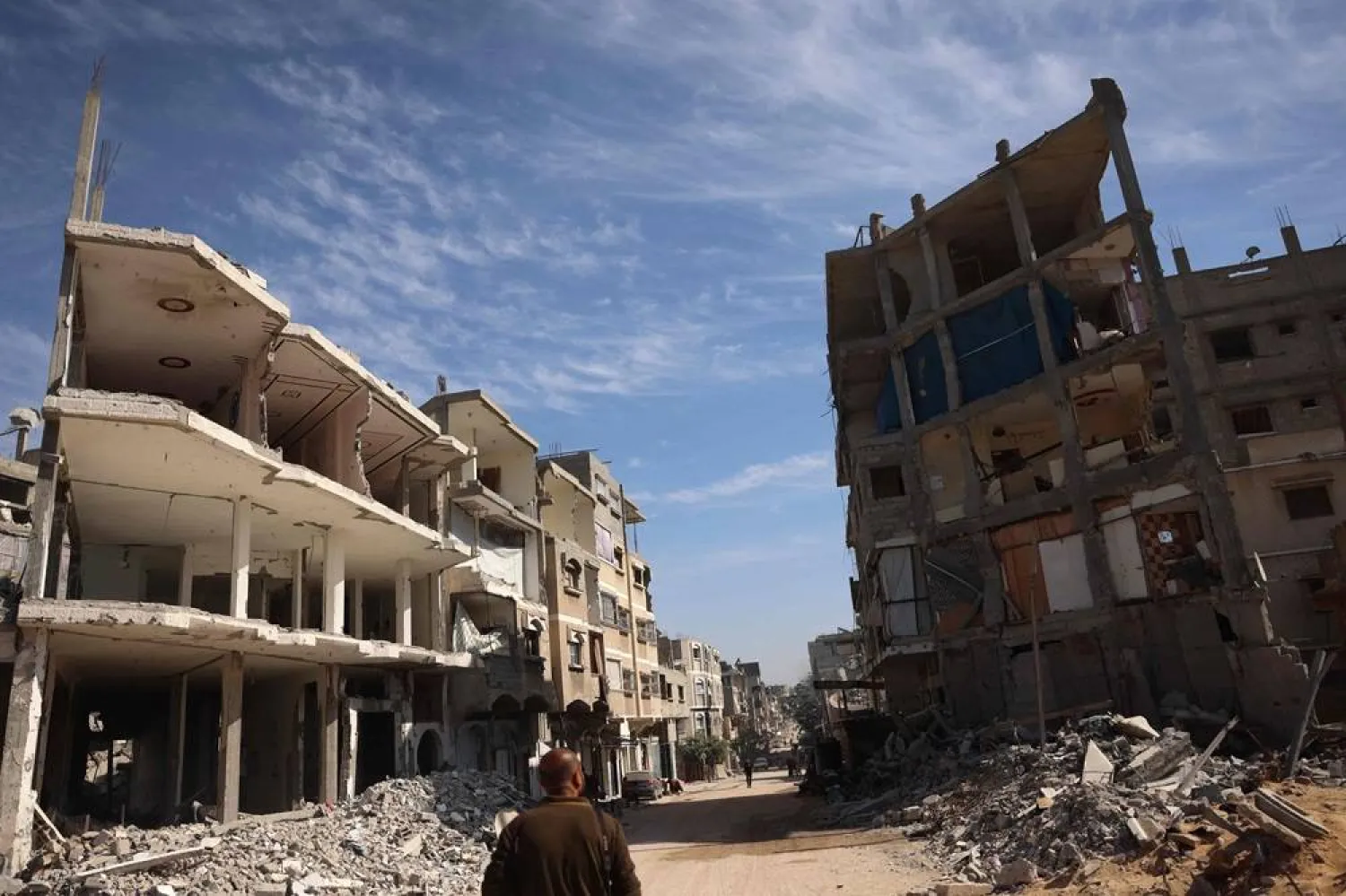Many American voters are concerned that the ongoing Middle East conflict will escalate into an all-out regional war, a new poll finds. About half of voters are “extremely” or “very” worried about the possibility of a broader war in the region.
Though there is concern about the conflict growing, according to the survey from the AP-NORC Center for Public Affairs Research, fewer voters — around 4 in 10 — are concerned that the United States will be drawn into a war in the Middle East. This poll was conducted prior to Israel's strike on military bases in Iran on Friday.
The conflict in the Middle East has become a major campaign issue as former President Donald Trump and Vice President Kamala Harris attempt to win over Muslim and Jewish voters in battleground states like Michigan and Pennsylvania. And although Democrats and Republicans are similarly worried about the potential for the war to expand, they disagree about who is to blame for its recent escalation and how the US should be involved going forward.
Partisan divide on Israeli government’s level of responsibility
About 6 in 10 voters say the Palestinian armed group Hamas, the Iranian government and the Lebanese militant group Hezbollah have “a lot” of responsibility for the escalation of the war in the Middle East. Roughly 4 in 10 voters think the Israeli government has “a lot” of responsibility, and only about 2 in 10 say the US government has “a lot” of responsibility.
But there's a big partisan split on whether the Israeli government bears “a lot” of responsibility for the war's escalation. About 6 in 10 Democrats say they do — similar to the share of Democrats who say Hamas bears “a lot” of responsibility — while only about one-quarter of Republicans say the Israeli government bears “a lot” of responsibility.
Voters support Iran sanctions, but not sending US troops
Voters broadly support economic sanctions on Iran, which could hinder support to its proxy groups Hezbollah in Lebanon and Hamas in Gaza. A majority, 55%, are in favor of imposing sanctions. They are about evenly divided on whether the US should be providing weapons to Israel’s military, and voters are more likely to oppose sending government funds to aid Israel’s military than to support it.
Deploying US troops to aid Israel’s military garners little support among voters, regardless of their partisan affiliation. About half of voters oppose deploying US troops to aid Israel’s military. Only about 2 in 10 voters favor deploying US troops to assist Israel, and a similar share have a neutral view.
Many think the US is doing what it can on ceasefire efforts
The US is still pressing for any movement on short-term ceasefire proposals, despite letdowns in the past and little expectation of immediate breakthroughs ahead of the election.
About half of voters think the US is doing “about as much as it can” to push for a ceasefire agreement between Israel and Hamas and Hezbollah, while 3 in 10 say it could be doing more. Roughly 2 in 10 voters say the US should be doing less.
Republicans are more likely than Democrats to want less US involvement in ceasefire efforts. About 3 in 10 Republicans say the US should do less, compared to about 1 in 10 Democrats. About 6 in 10 Democrats say the US is doing what it can, compared to about 4 in 10 Republicans.
Democrats, Republicans and independents are about equally likely to say the US could be doing more.









